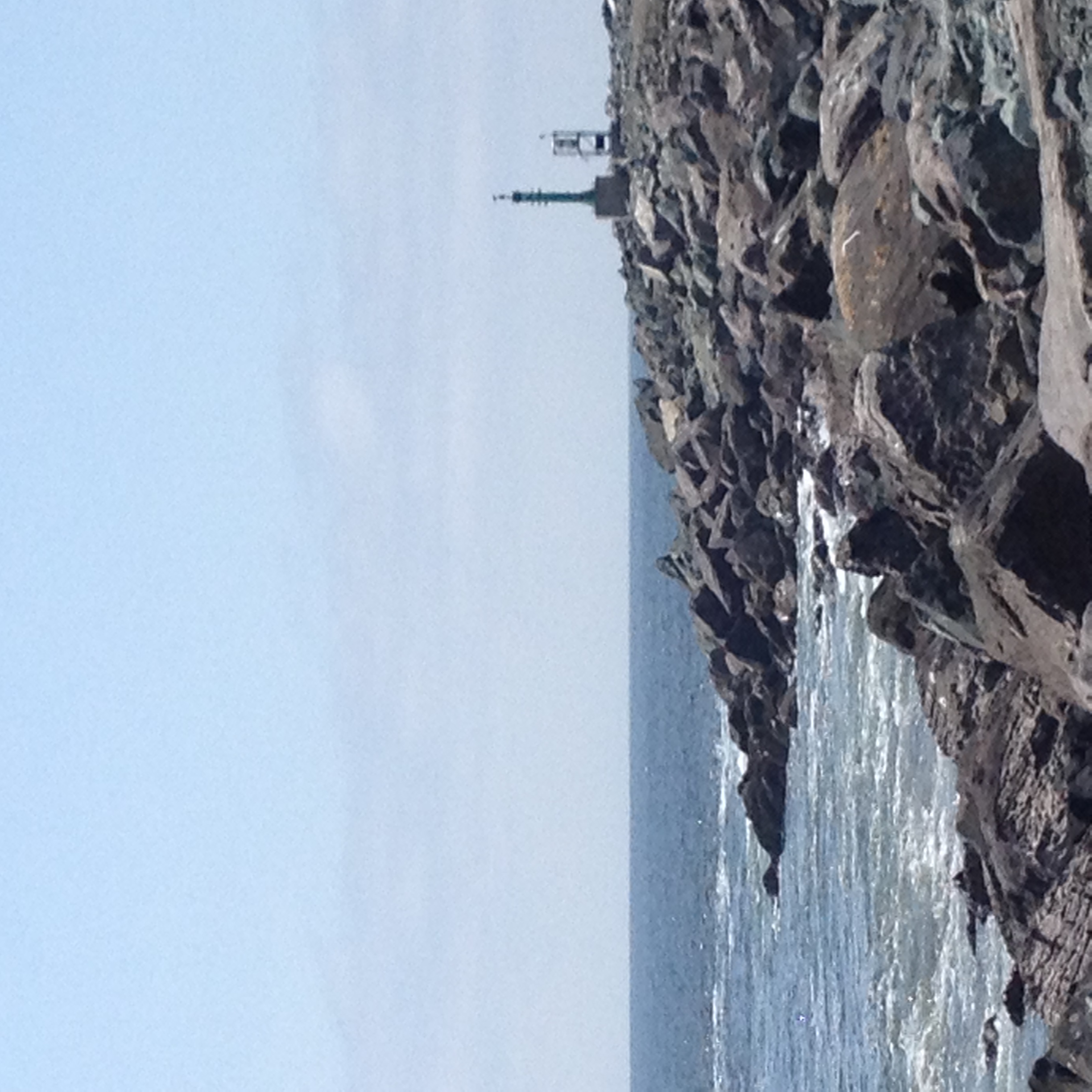Poems
Much of my poetry involves memories of childhood, nature, my struggles with
mental illness, and societal issues. I've recently been very in love with the meditative
poem and the ghazal (or poems with ghazal-like elements). How time and abstraction works
in a poem is something I find very interesting. The works of Arthur Sze and Kerri Webster
influence me greatly, and learning from their amazing poems has helped me tremendously. The poems on this page have been workshopped and revised. ✨

sitting outside in late spring eating coconut yogurt
fine strands of hair tickle my cheek.
wildlife stirs below the deck—
a deer, maybe a rabbit, the husks of
last spring’s potted plants rustle—
I spoon a bite of yogurt into my mouth
I want to collect hours like a gardener collects seeds,
scooping the milliseconds and seconds and minutes
into cupped hands,
cultivating them
I close my eyes here.
a vine climbs up a tree;
the year we moved here my father tore away
ivy that clung to the side of the house—
the birdfeeders are running low now, but still
the woods are alive with wrensong and beak
boring holes into wood
tomorrow it will rain, a light summer rain in springtime
I watch the empty yogurt jar alight in the sun.

Natural Ghazal
We hike to the top of the hill—the waterfall has run dry,
the mossy backdrop curling in on itself.
Sometimes we laugh in the absence of perfection—
A straight line from one point to another is never perfectly straight.
Bright, the sun blinds without a second thought,
drivers with LED headlights are narcissistic mimics.
The expanse of the day is captured by the camera’s flash—
why I never pursued photography: words are more personal.
The car that always pulls into the cul-de-sac at 3 am is followed by rain tonight,
the first hot summer rain of the year, lush and green.
Teenagers say the world is scary, uneven—
a day can begin with nothing or end with something.
Sometimes I wish things were different—
A hawk catches a koi from the pond.

Wildrose
Every few years, we visit our old house at the end of the cul-de-sac,
two thousand miles west. The pizza place in town is closed, replaced
by a gentrified restaurant specializing in fries. Walk into the kitchen
like you work there, see the gaudy yellow floor of our laundry room.
Visit the chick-flick theater and see the one man my sister has ever dated,
be reminded of your own two thousand miles east. Car washes are
entertainment now? Hide the fact you don’t know how to put a car
into neutral. I am catching waterskippers in plastic containers, cramming
for a test tomorrow. Search the ceiling every night before going to sleep.
The pink canopy over the bed sparkles. Dinner is served.

Cul-de-sac
In the house
at night,
the world is confined
to a single building, the stars smothered,
a fracturing .
Anguishes buried alive, submerged in
ventricle,
resurface, enter without knocking,
though the windchimes try
to warn of their presence,
into the thinning of this moment.
The kitchen floor is blackened with dirt.
Fingers clutch at the damp hand towel
like a girl embraced, clench-fisted, crying into mom’s shirt,
memory
severed.
The self peers down into the house
from the hole in the ceiling, sniffling.
The hand collects the rain,
stores it in a jar on a shelf in the basement,
uses it to wash clothes, cooks with it,
drinks its salt.

reading the dictionary
I touch
the surface of my finger against the mirror,
fingerprint pressed into dust. I am
as real as this,
a voyeur. I search for myself in
the dictionary, find words meaning this, but also
meaning that in certain instances, under
the right conditions.
What I like is—
reading? and writing?
The me you see is not the me I see,
see? The image flips.
I pluck the petals from a flower, murmur
real, real, real.
If you say my name, give me time
to think, me, only as real as
my voice to my ears.